The College of Shipping and Science is equipped with various facilities to support the teaching and learning process carried out well, one of the facilities in the Jakarta Institute of Shipping (STIP) is the Simulator.
Until now STIP has 15 simulators.
1. | ARPA SIMULATOR, ARPA (Automatic Radar Plotting Aid) is a Simulator used by nautical majors to sail on non-visual sailing conditions, and only relies on ARPA visual observations. | |
2. | FULL MISSION SHIP BRIDGE SIMULATOR I, Full Mission Ship Bridge Simulator is a bridge platform simulator, where the entire work system and equipment are made to resemble the conditions on board. This simulator is used by cadets majoring in Nautika, as a stabilization before carrying out Sea Practice. | |
3. | FULL MISSION SHIP BRIDGE SIMULATOR II, Full Mission Ship Bridge Simulator is a bridge platform simulator, where the entire work system and equipment are made to resemble the conditions on board. This simulator is used by cadets majoring in Nautika, as a stabilization before carrying out Sea Practice. | |
4. | ENGINE ROOM SIMULATOR, Engine Room Simulator is a ship engine room simulator, where the situation, conditions, and work flow are in accordance with in the engine room of the ship. This simulator is used by cadets majoring in Engineering. | |
5. | PC GMDSS SIMULATOR, PC GMDSS (Personal Computer Global Maritime Distress and Safety System) Simulator is a simulator for practicing procedures for sending news / hazard communication. This simulator is used by cadets majoring in Nautika. | |
6. | REAL EQUIPMENT GMDSS SIMULATOR, REAL EQUIPMENT GMDSS Simulator is used to practice cadets majoring in nautics to practice the procedure of sending news / hazard communication. | |
7. | ECDIS,ECDIS (Electronic Chart Display and Information System) is a computer-based information navigation system that complies with International Maritime Organization (IMO) regulations and can be used as an alternative to nautical graph paper. | |
8. | CBT SIMULATOR,CBT (Computer Base Training) The STIP Simulator contains independent learning programs for STIP cadets majoring in Nautika, Teknika and KALK. | |
9. | FMERS, FMERS (Full Mission Engine Room Simulator) is a ship engine room simulator, where the situation, conditions, and work flow are in accordance with in the engine room of the ship. This simulator uses full Touch screen. | |
10. | STEAM TURBINE SIMULATOR, Its function is to learn about the process of making steam from cold conditions until it is used as a main engine drive consisting of MC90 and Dual Fuel. | |
11. | Liquid Cargo Handling Simulator, as a place of practice for cadets / students, especially the Nautika majors in order to better understand work on oil tankers, oil, gas and chemical tankers. | |
12. | Simulator Steering Trainer, is a training simulator on the steering console and miniature of the ship's steering engine. This simulator offers a variety of practices related to ship steering and handling and maintenance of ship steering engines. | |
13. | CBT Videotell is a STIP Simulator containing independent learning programs for STIP cadets majoring in Nautika, Teknika and KALK. | |
14. | Ship Stability Simulator, Its function is to study the stability of the ship when loading and when sailing. | |
15. | KALK Simulator, This simulator is a place for cadets and STIP cadets to practice how the shipping process works. |
The College of Shipping and Science is equipped with various facilities to support the teaching and learning process carried out well, one of the facilities in the Jakarta Institute of Shipping (STIP) is the Laboratorium.
Until now STIP has 24 Laboratorium.
1. | LAB BOILER. The Boiler Lab is one of the practical facilities for cadets majoring in Engineering, where in this Lab the procedures and workings of boilers on ships are studied. | |
2. | LAB FIRE FIGHTING. In this lab, facilities are provided for cadets to practice their ability to handle fire situations on ships. | |
3. | LAB FISIKA. This lab is used by cadets majoring in Nautica and Teknika in learning the basic techniques of Physics. | |
4. | LAB KIMIA. This laboratory is used by cadets majoring in engineering to study basic chemistry. | |
5. | LAB KECAKAPAN BAHARI. One of the skills that must be possessed by sailors is rigging skills. In this lab they practice these skills. | |
6. | LAB BAHASA. STIP has 3 (three) language labs, where 2 (two) of them are multimedia labs. In this language lab, cadets majoring in Nautika, Teknika and KTK practice English communication, starting from the general level to maritime communication standards (SMCP) | |
7. | LAB PERMODELAN KAPAL. This lab is used by cadets majoring in Nautica and Teknika. Contains modeling (mock-ups) of ship propellers, machinery, ship stability and others. | |
8. | LAB BANGUNAN DAN STABILITAS KAPAL. This lab is used by cadets majoring in Nautica and Teknika. Contains modeling (mock-ups) of ship propellers, machinery, ship stability and others. | |
9. | LAB LAS. Engineering students major in training the ability to carry out welding materials in this lab. | |
10. | LAB LISTRIK. Electricity lab. is one of the facilities used by cadets to understand the working principle of the electrical system on a ship. | |
11. | LAB TERMODINAMIKA. Thermodynamics lab. is one of the tools used by cadets to study Mechanical Engineering and Hydrodynamics. | |
12. | LAB BUBUT.STIP cadets majoring in Engineering are also trained to process / form metal materials in this laboratory. | |
13. | LAB MOTOR DIESEL.In studying the working system of a diesel motor on a ship a diesel motor laboratory facility is needed. | |
14. | LAB PENDINGIN. Cooling lab is a training tool for cadets in learning the workflow in a cooling machine system. | |
15. | LAB PESAWAT BANTU. Auxiliary Machine Lab. (ASSISTANCE MACHINE) is one of the facilities used by cadets to learn about the forms of supporting components of ship safety and shipping. | |
16. | LAB KONTROL. Control lab. is one of the learning tools used by cadets to learn to move in the field of instrumentation and control of a system that also participates in the development of Science and Technology in the field of shipping. | |
17. | LAB HIGH VOLTAGE. High Voltage lab is a learning tool for engineering cadets. Through the lab. In this, cadets can learn about the operation of main generators and emergency propeller generators, the structure of high voltage switchgear, and maintenance of high voltage switchgear. | |
18. | SHIP SECURITY LAB.Ship Security Lab. is one of the learning tools for STIP Jakarta cadets. Through this laboratory, cadets can learn about the introduction of security equipment and threat identification such as simulated X-Ray training & testing kits, extended explosive training kits, simulated weapon training kits and drugs training kits. | |
19. | LAB MENJANGKA PETA. Map mapping lab. is one of the tools used by nautical majors to understand the principles of manual map reading work and to learn the point of the map and the rules of navigation. | |
20. | LAB KOMPUTER.Computer Lab is a means to increase the knowledge of STIP cadets towards computers, especially in administrative applications. | |
21. | LAB SHIP POWER PLANT. Ship Power Plant lab. is a learning tool for engineering cadets. Through the lab. This, cadets can learn about the operation and maintenance of the main engine, auxilary engine, boier purifier, and hydrophore. | |
22 | LAB ELEKTRONIKA 1. Electronics lab. is a learning tool for technology cadets. Through the lab. this, cadets can learn about the use of electronic tools and components. | |
23. | LAB ELEKTRONIKA DASAR. Basic Electronics lab. is a learning tool for cadets in technology. Through the lab. In this, cadets can learn about the use of basic electronic devices and components, how to use measuring devices such as multi-tester, osciloscop and function generators as well as arranging the installation of electronic components, such as resistors, capacitors, transistors, diodes, transformers and ICs. | |
24. | LAB ELEKTRONIKA LANJUT. Advanced Electronics lab. is a learning tool for technology cadets. Through the lab. In this, cadets can learn about the use of advanced electronic devices and components, understanding logic gates in electronics and assembling IC-based component installations and logic gates. |
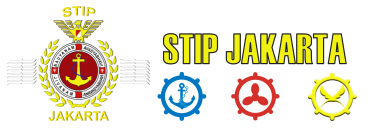
 Bahasa Indonesia
Bahasa Indonesia English
English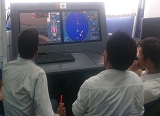
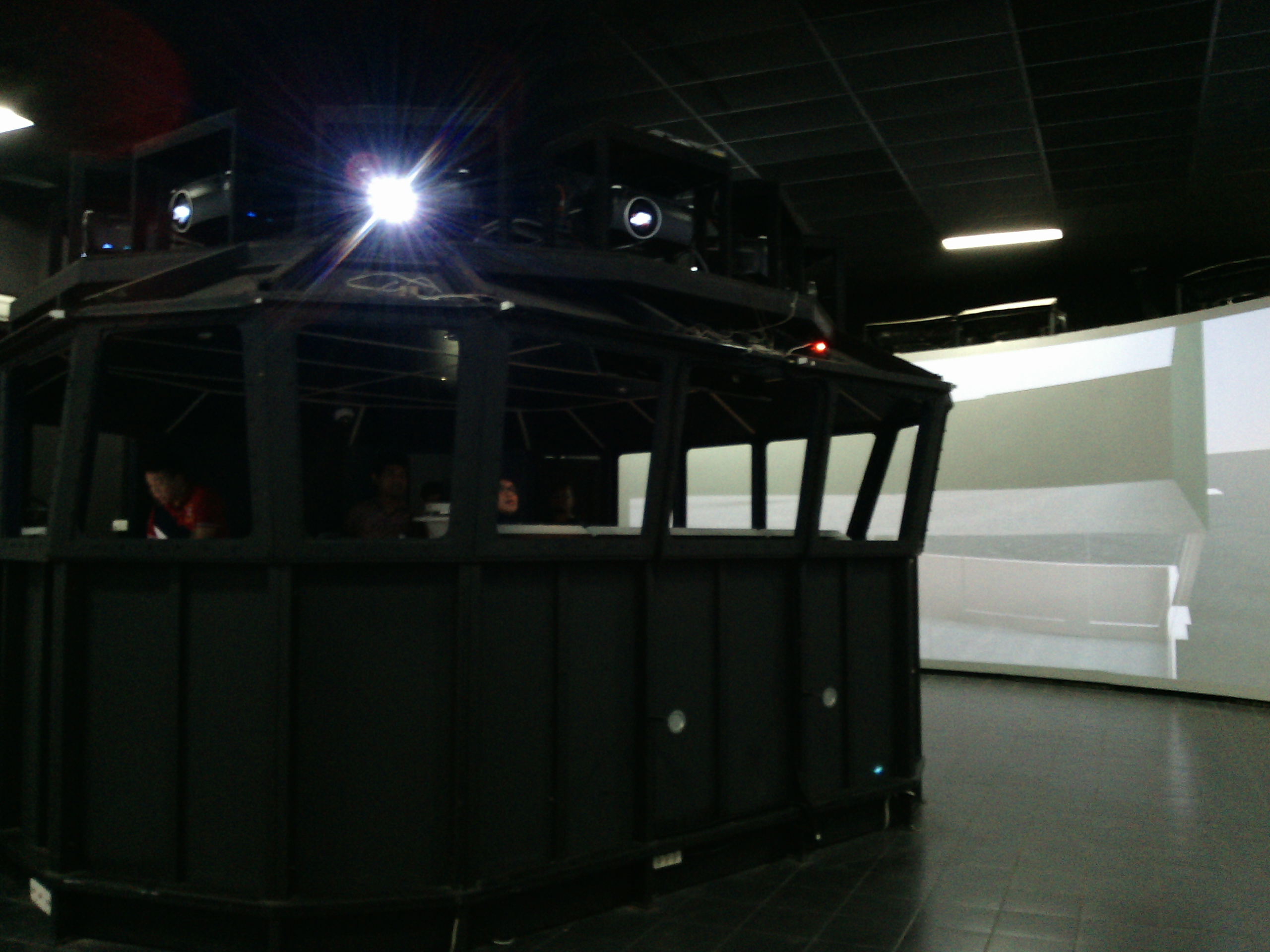
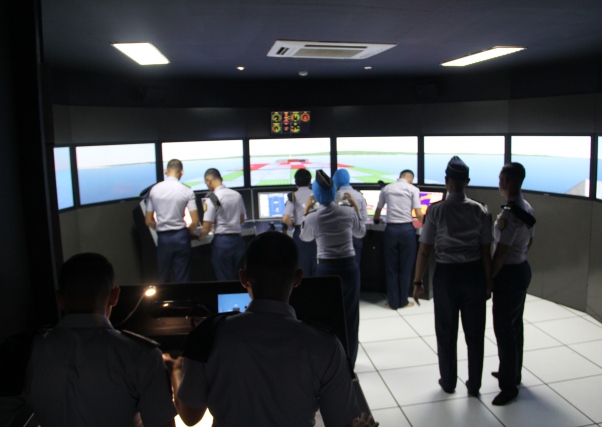
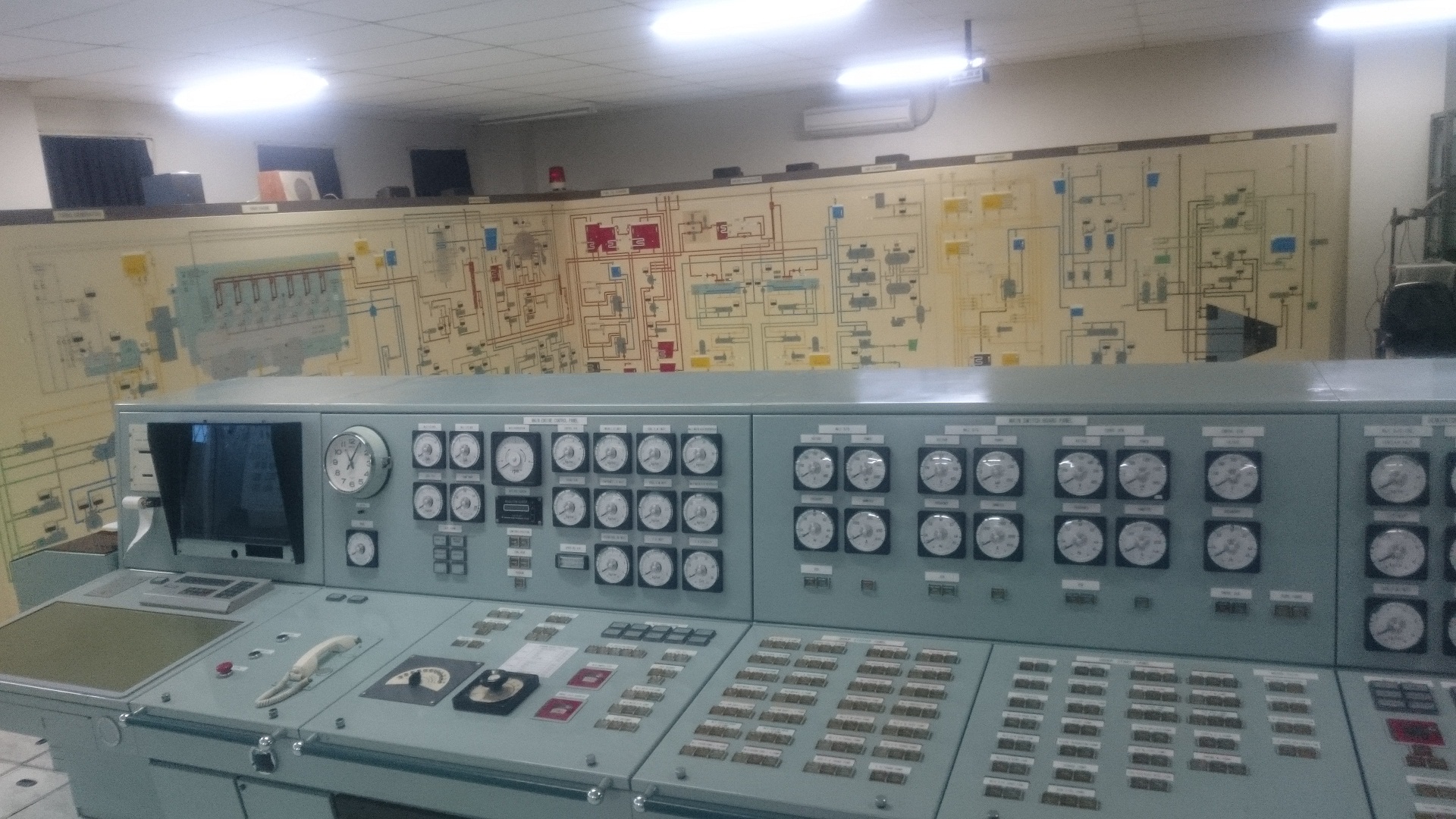
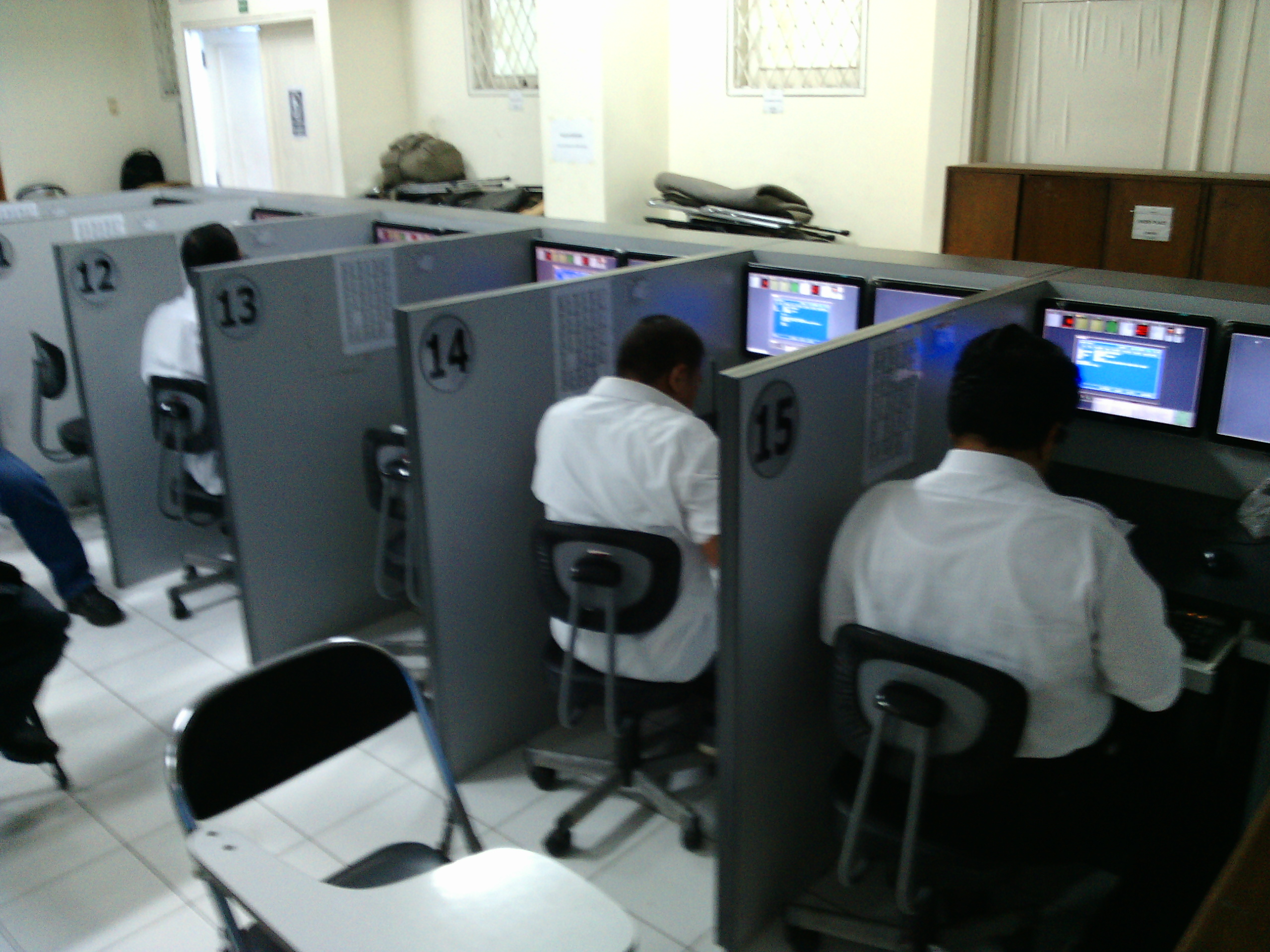
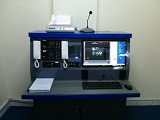
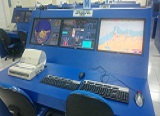
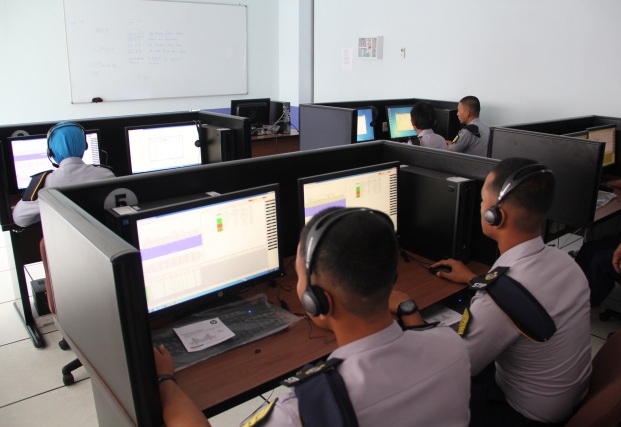
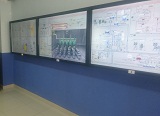
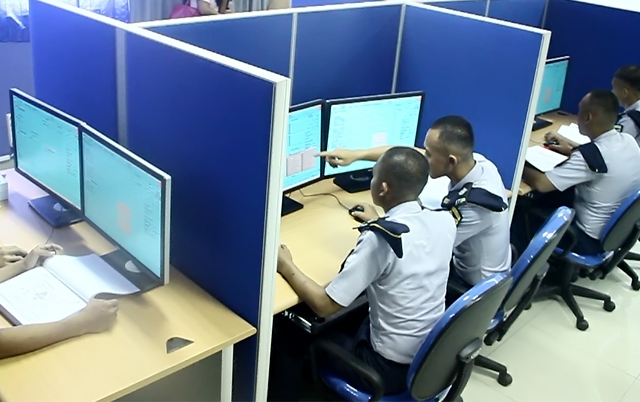
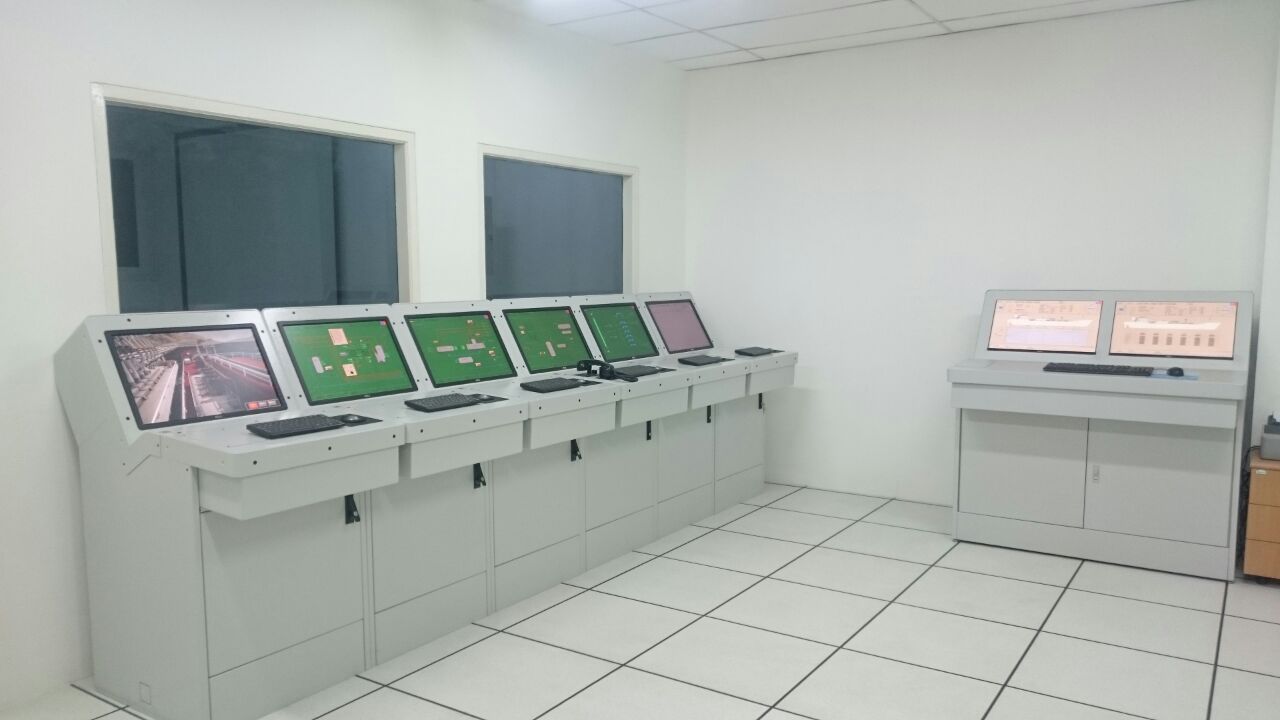
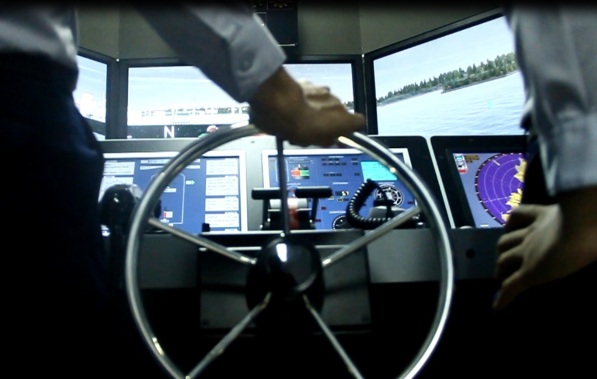
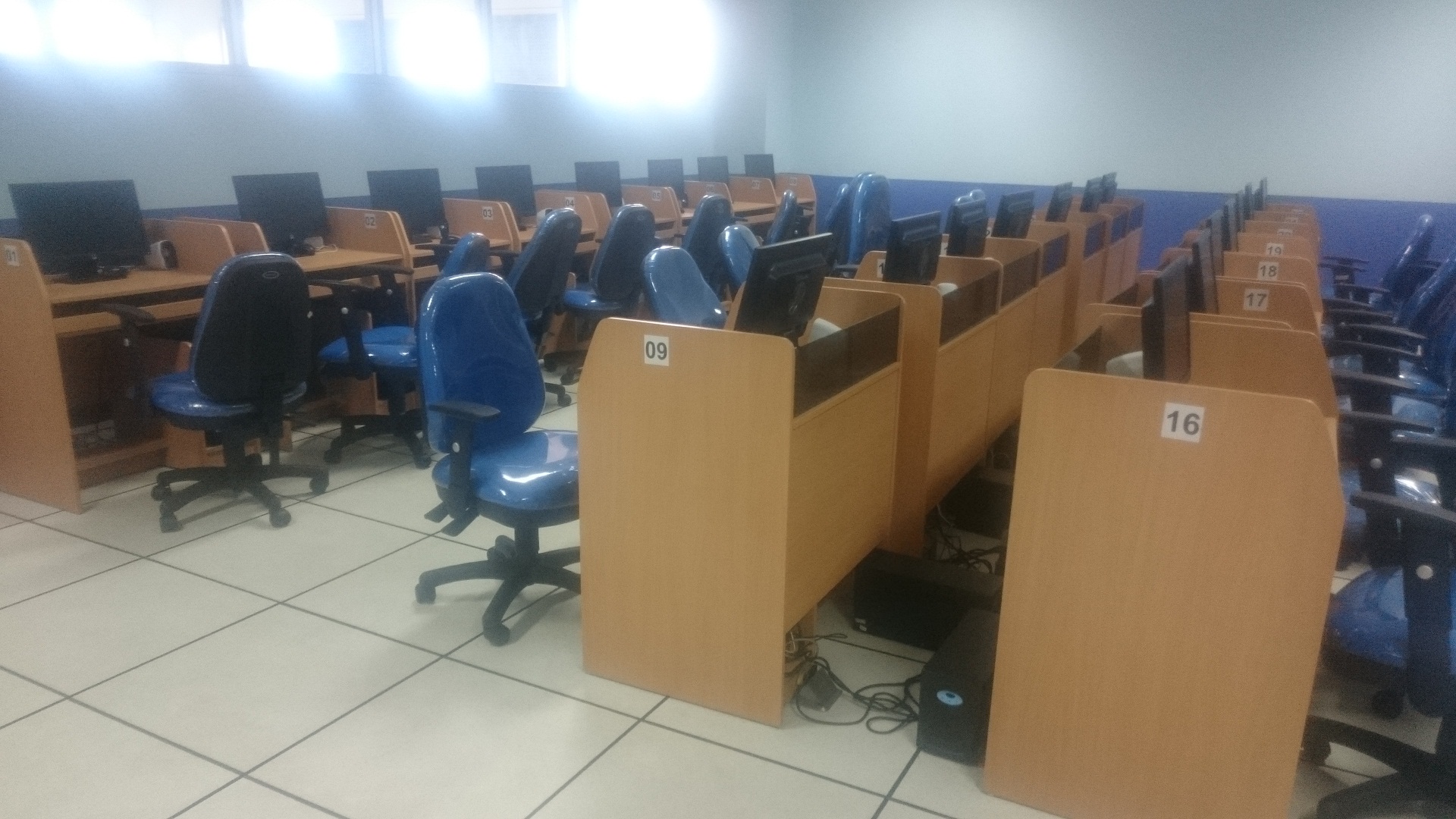
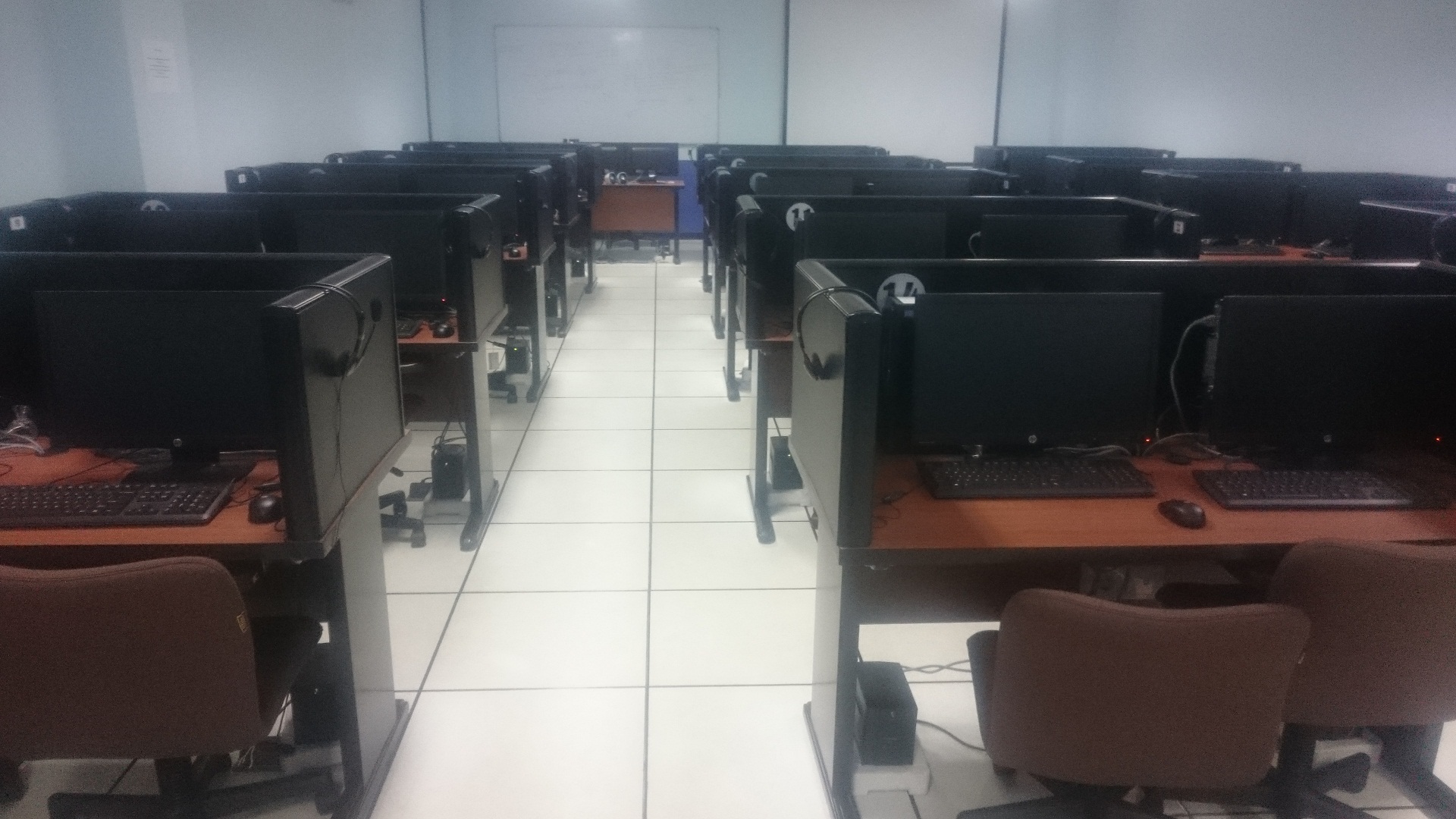
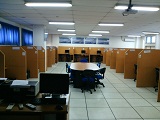
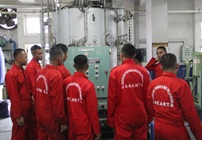
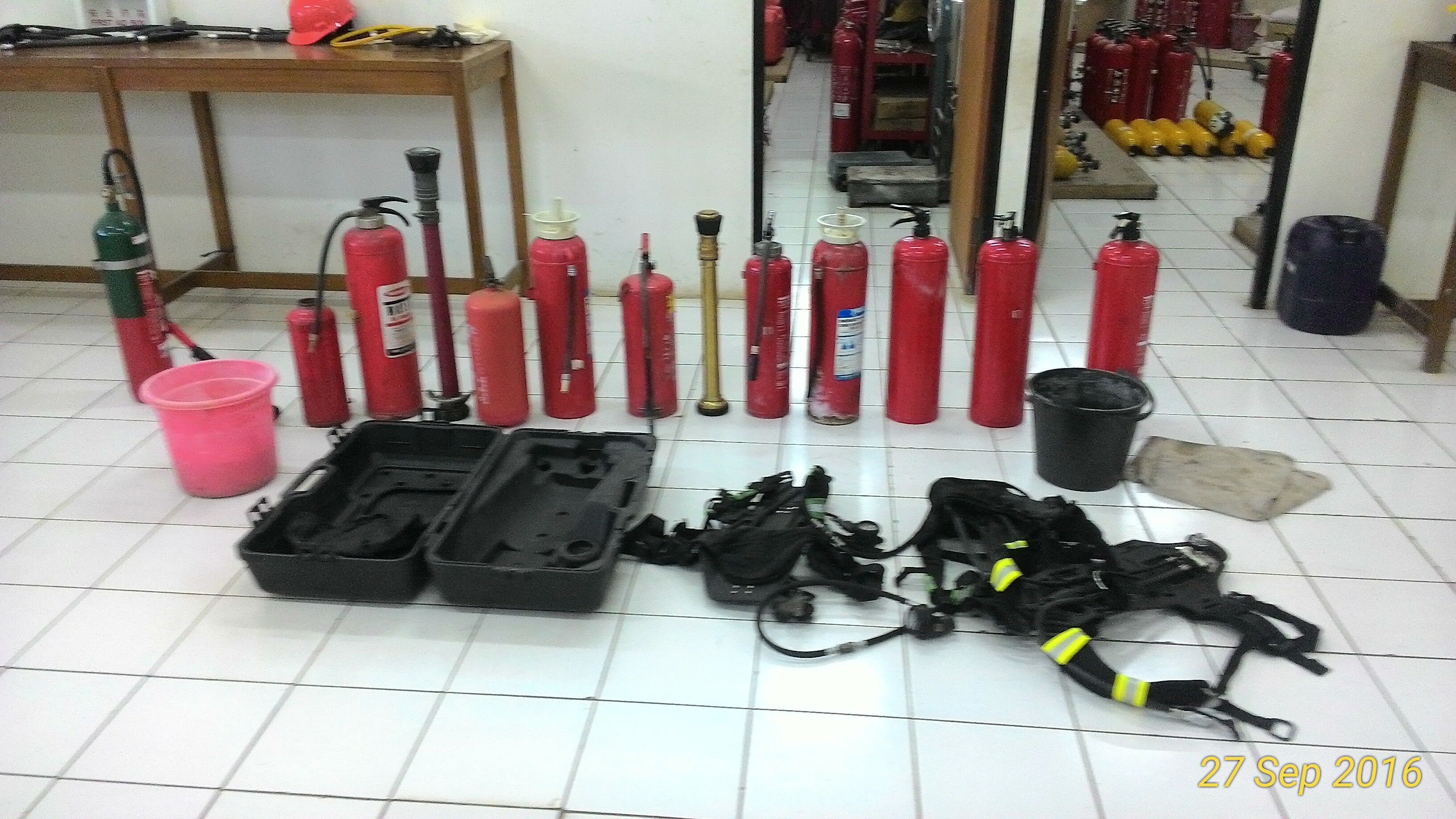
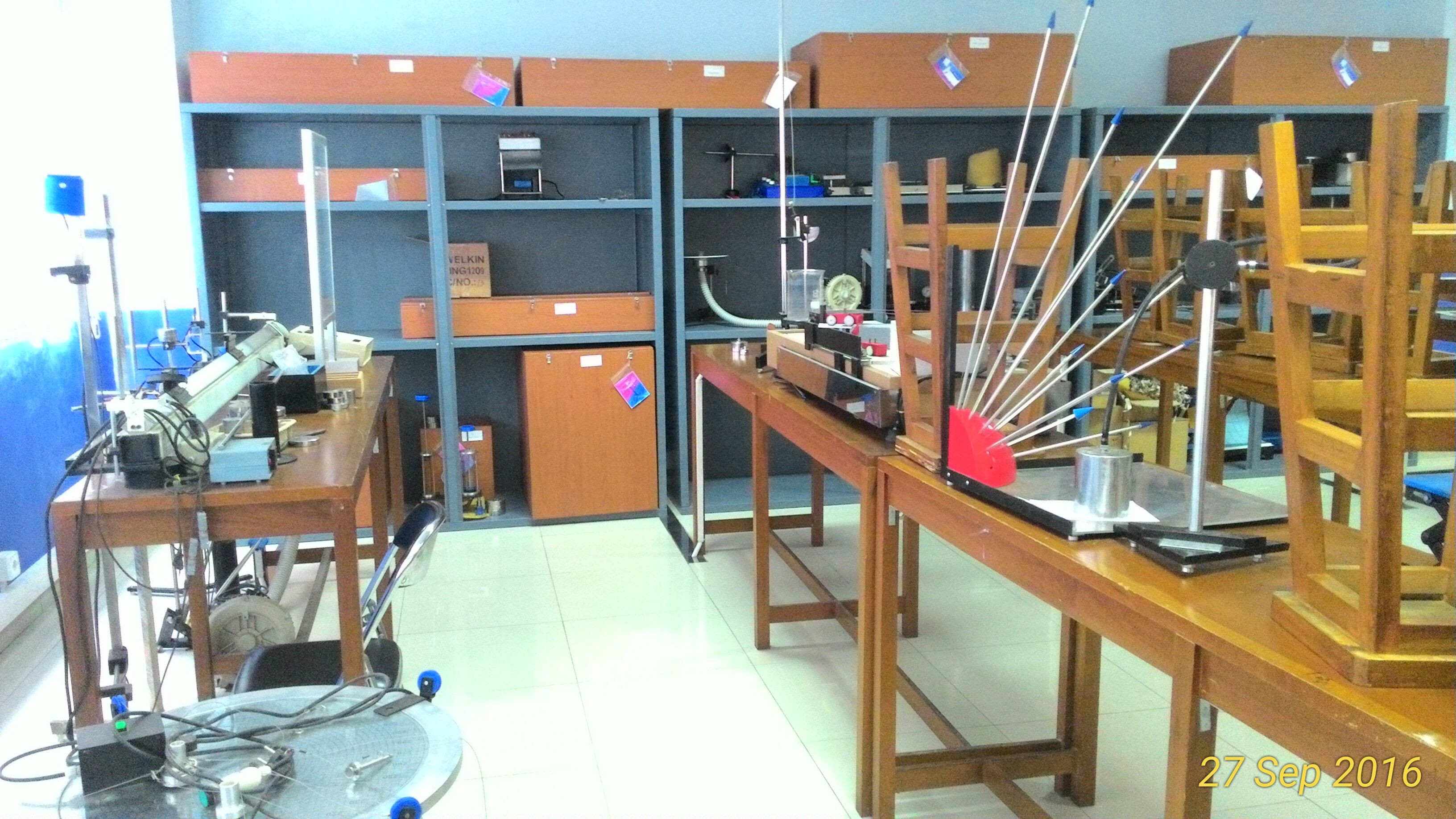
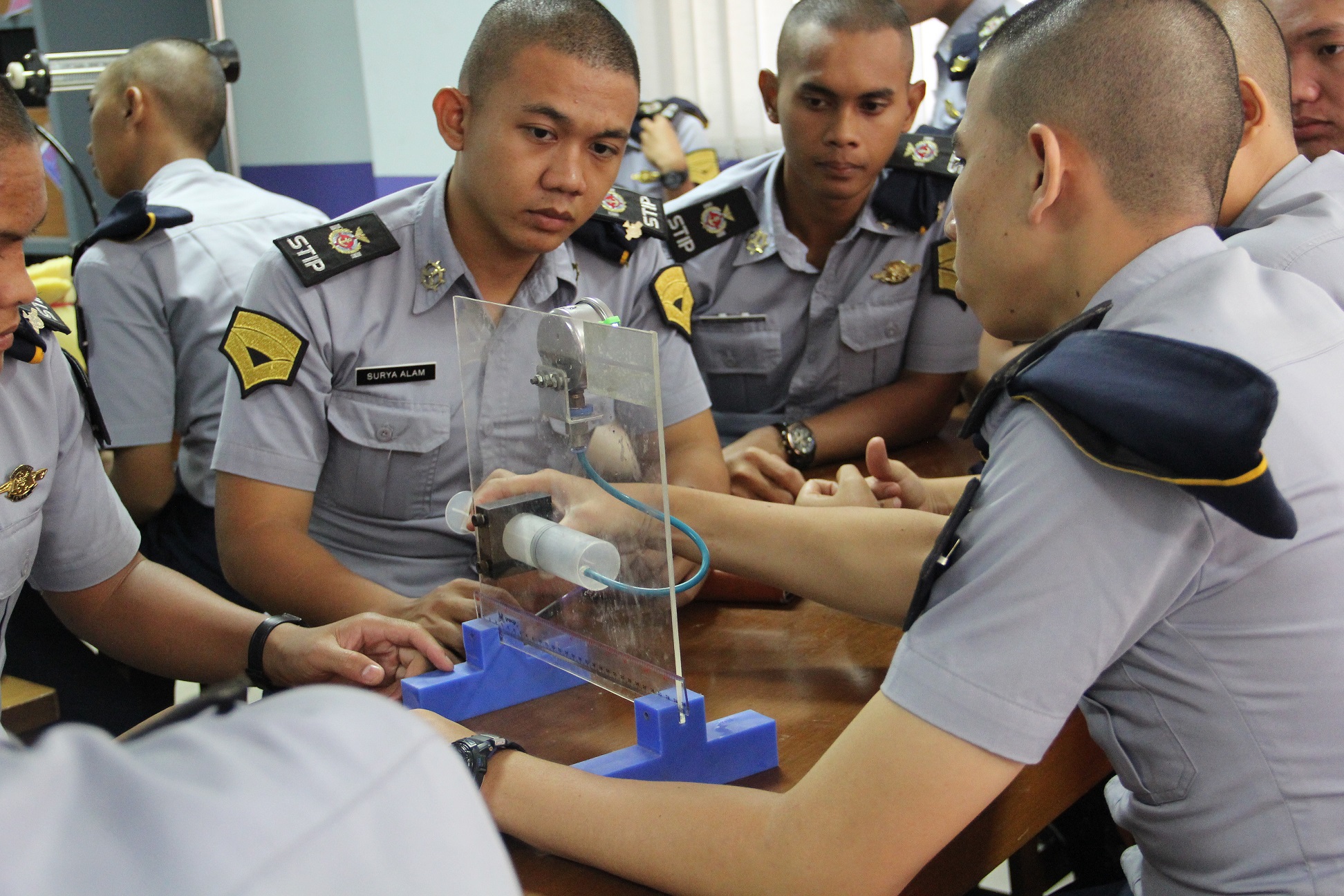
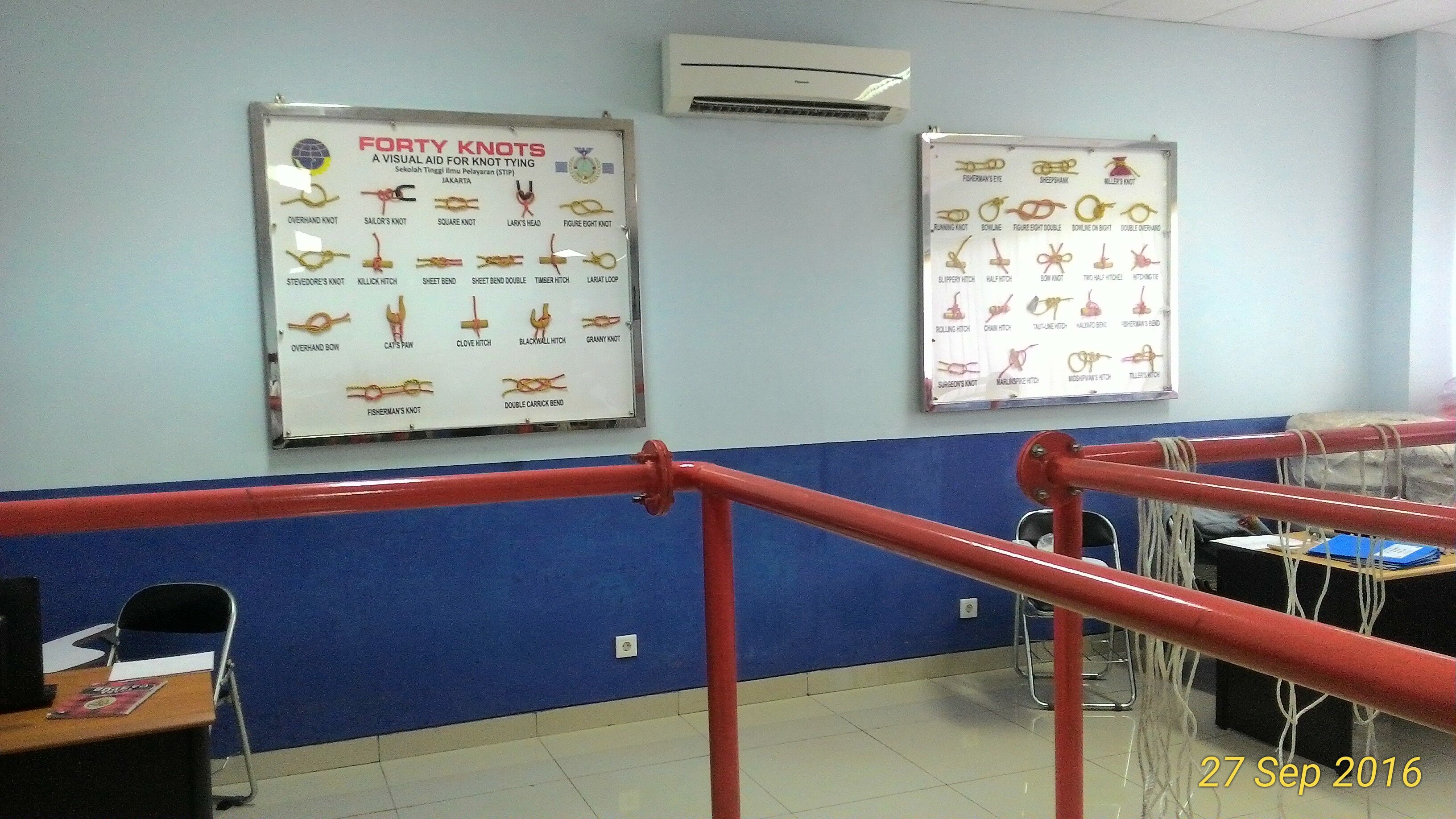
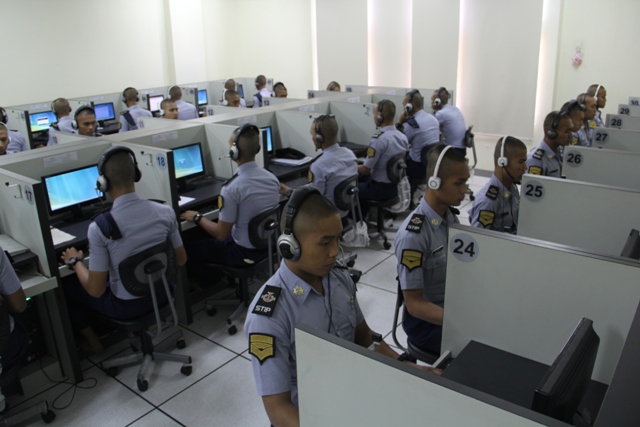
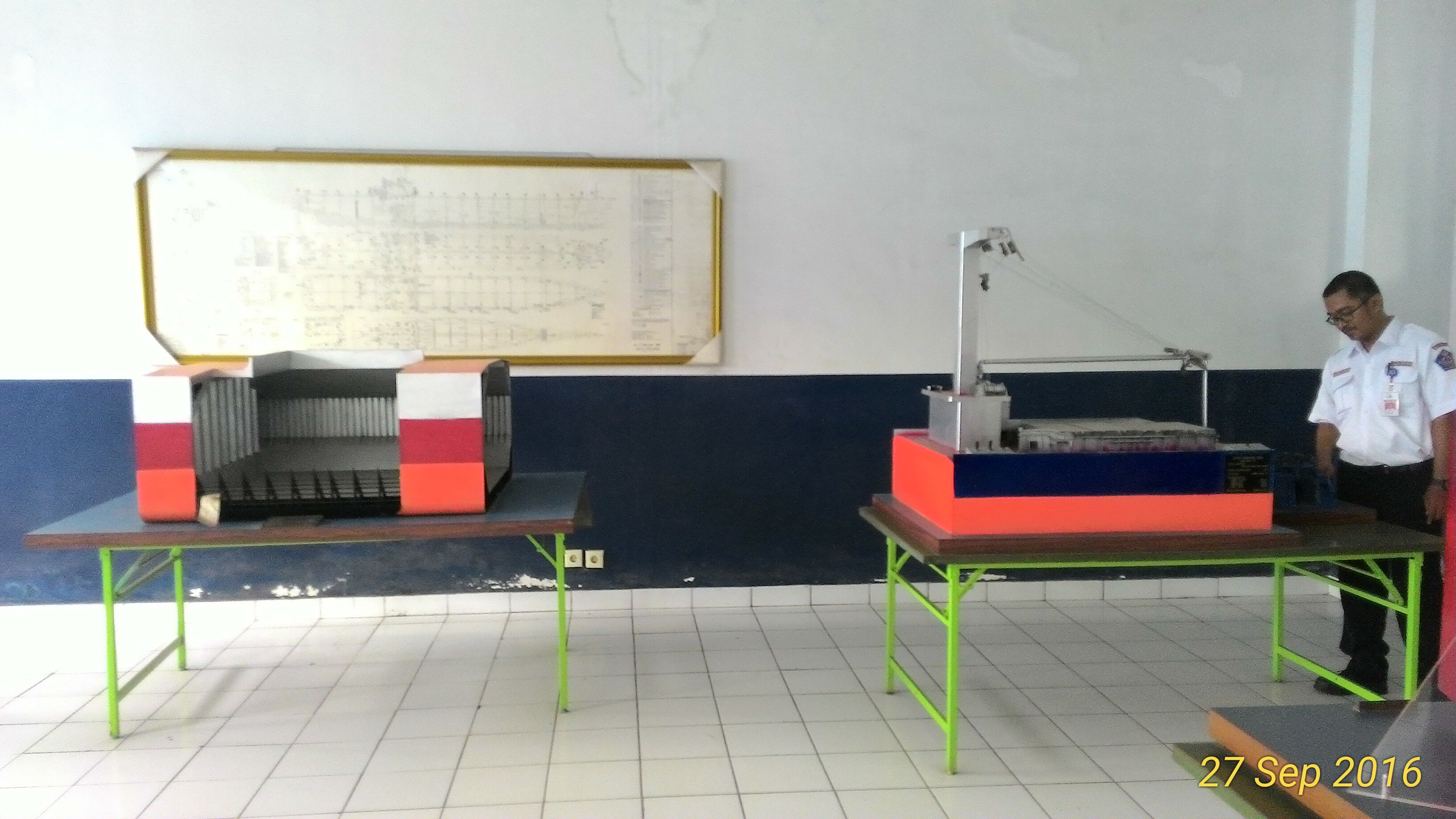
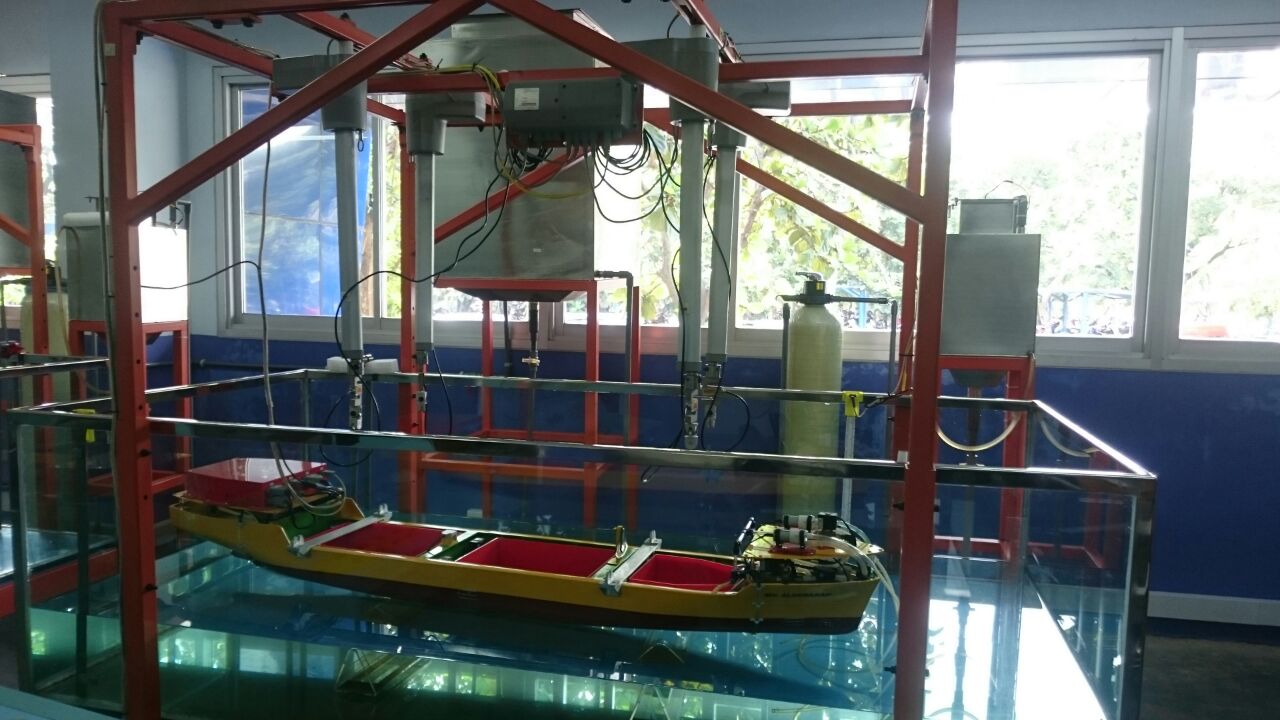
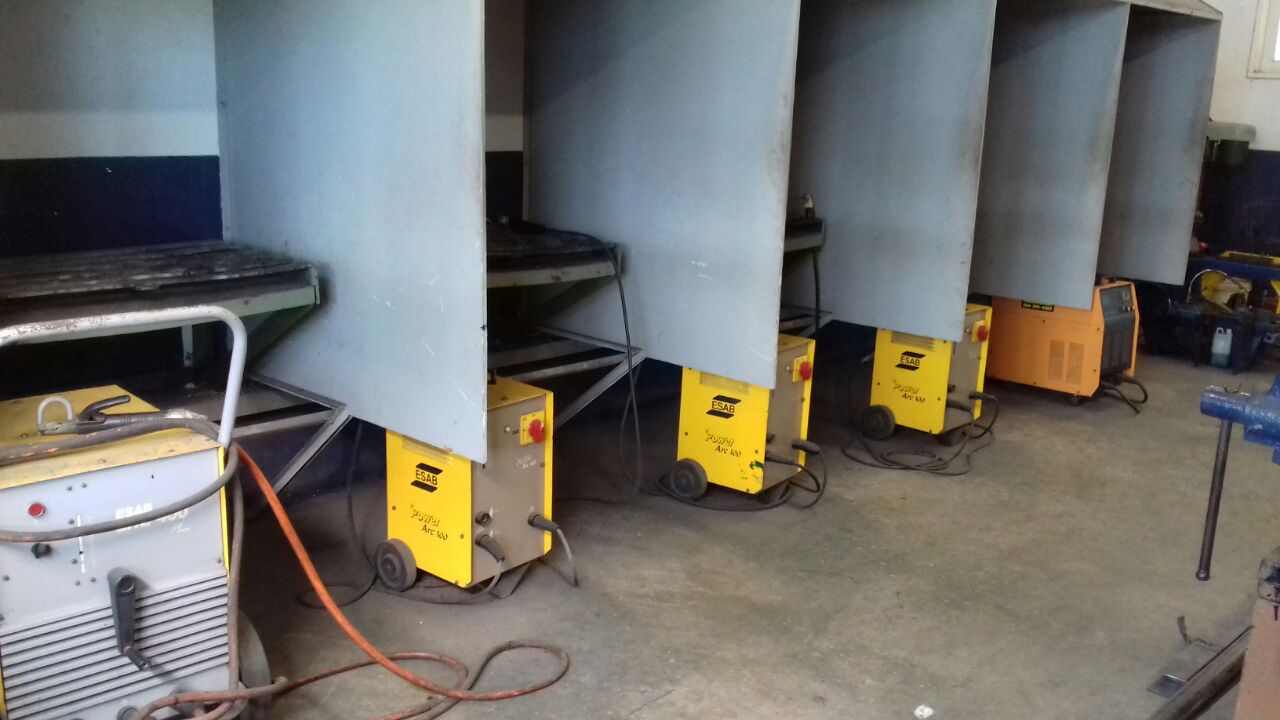
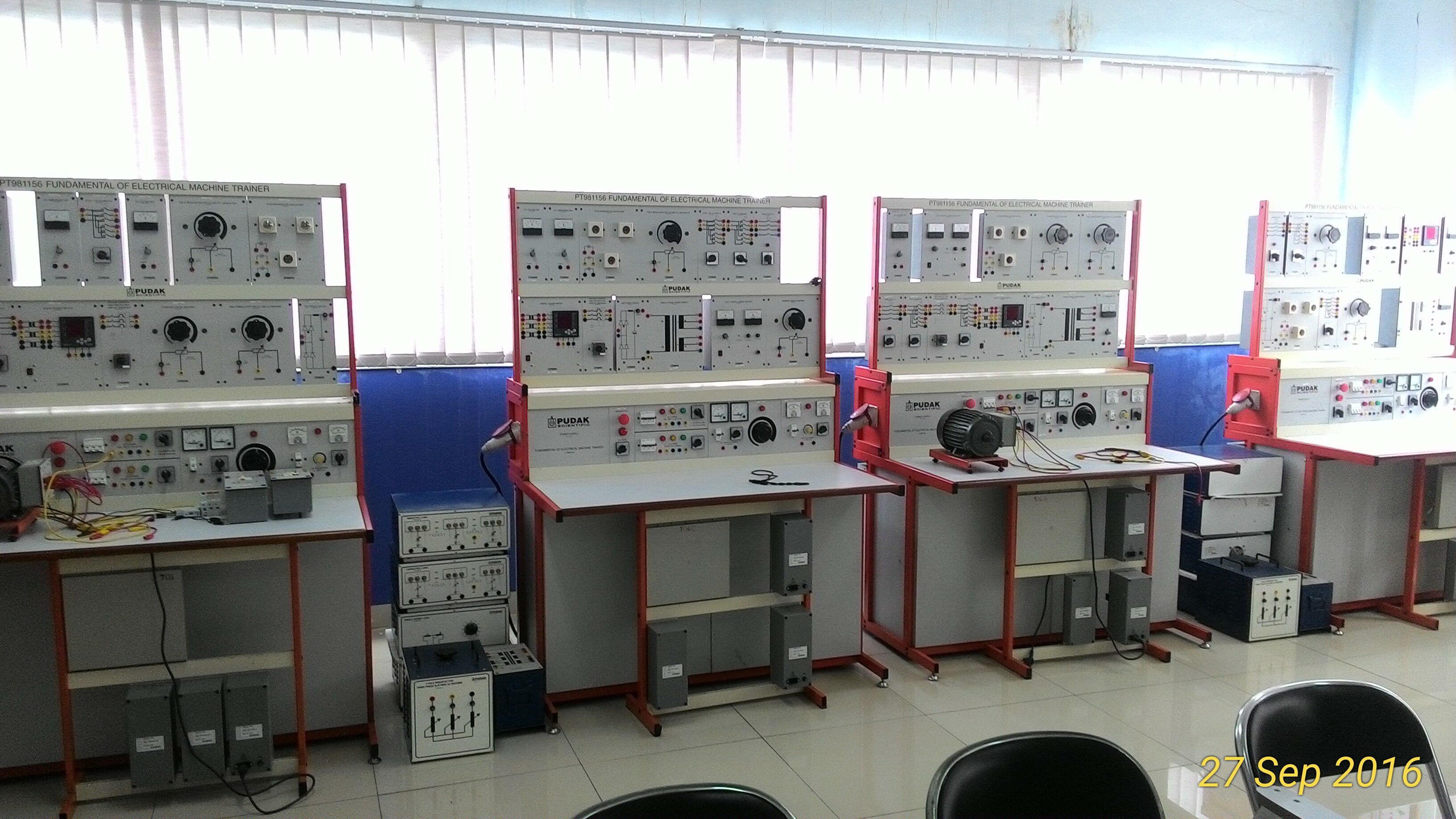
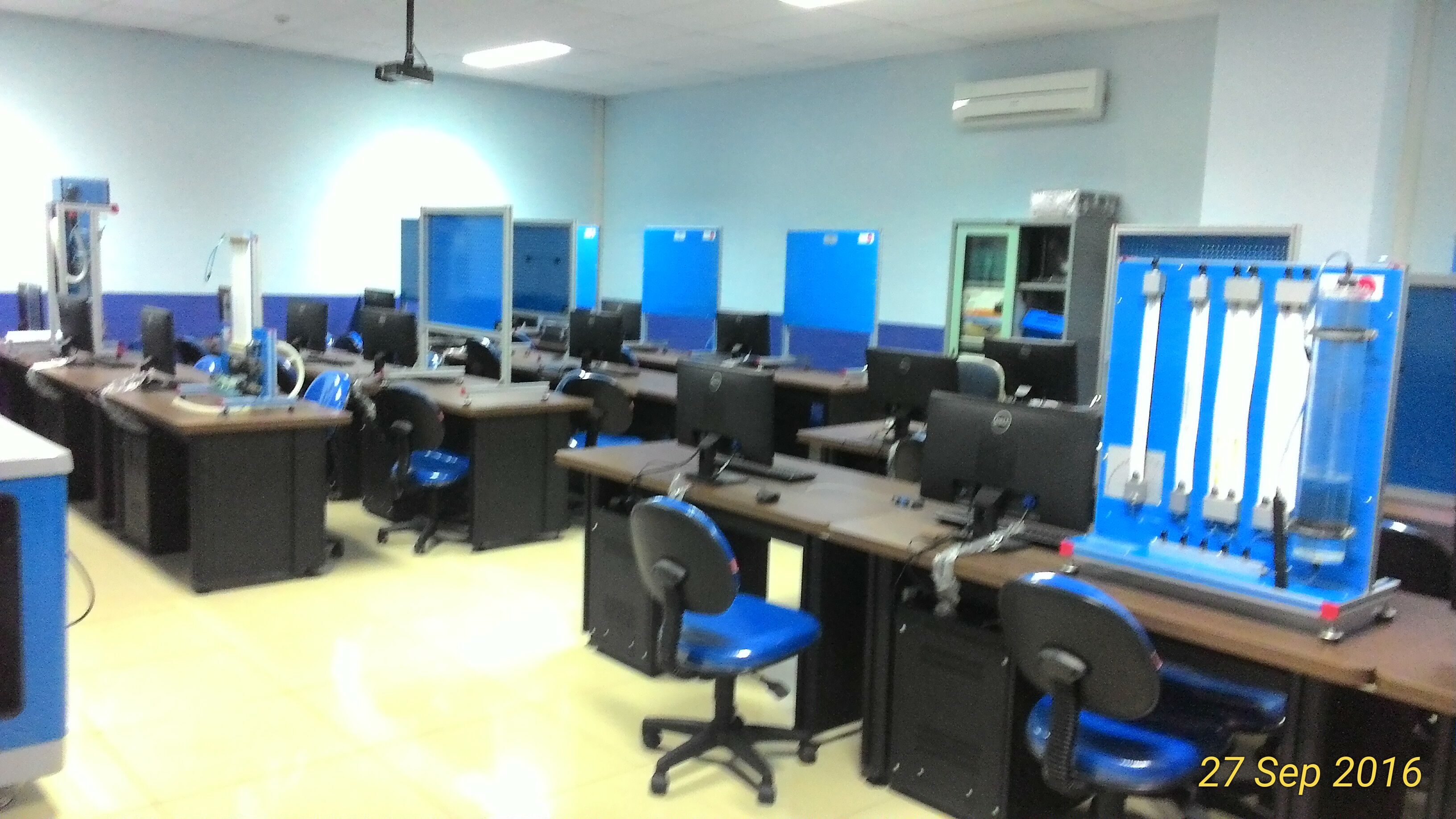
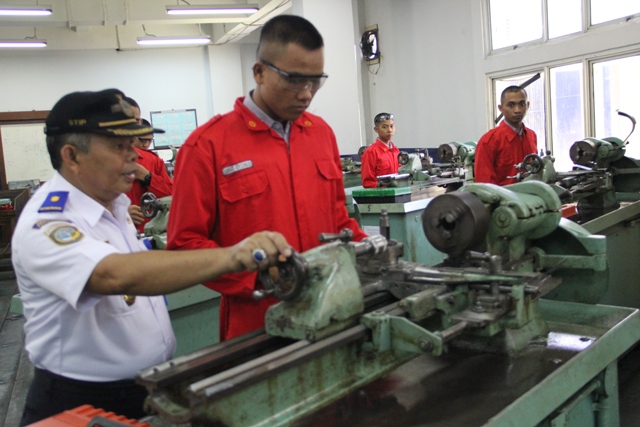
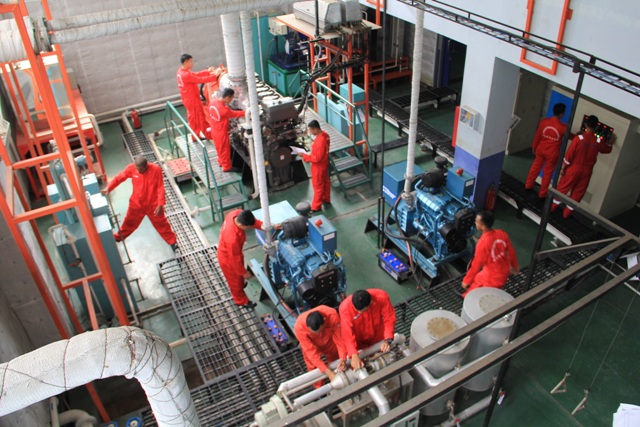
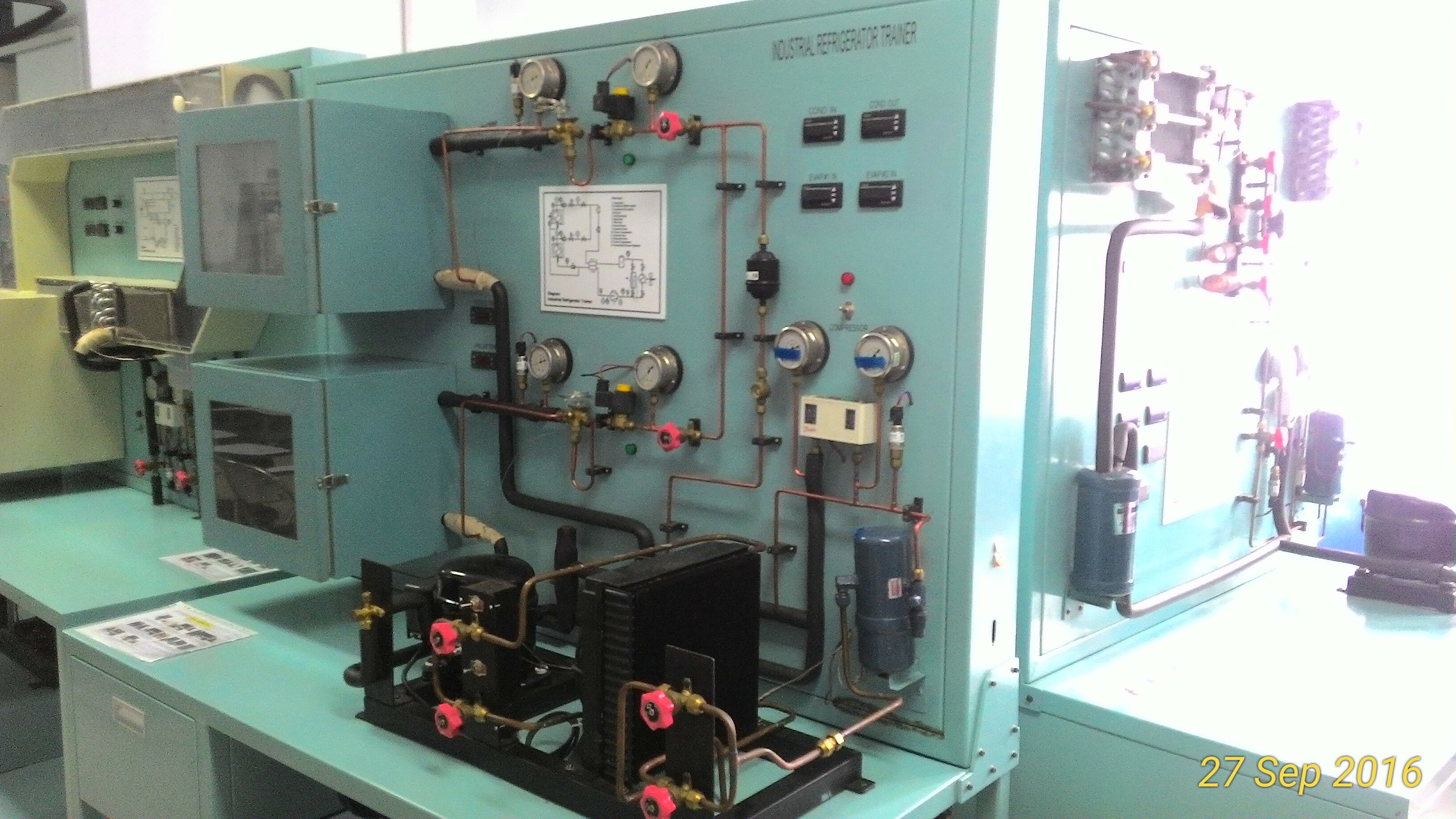
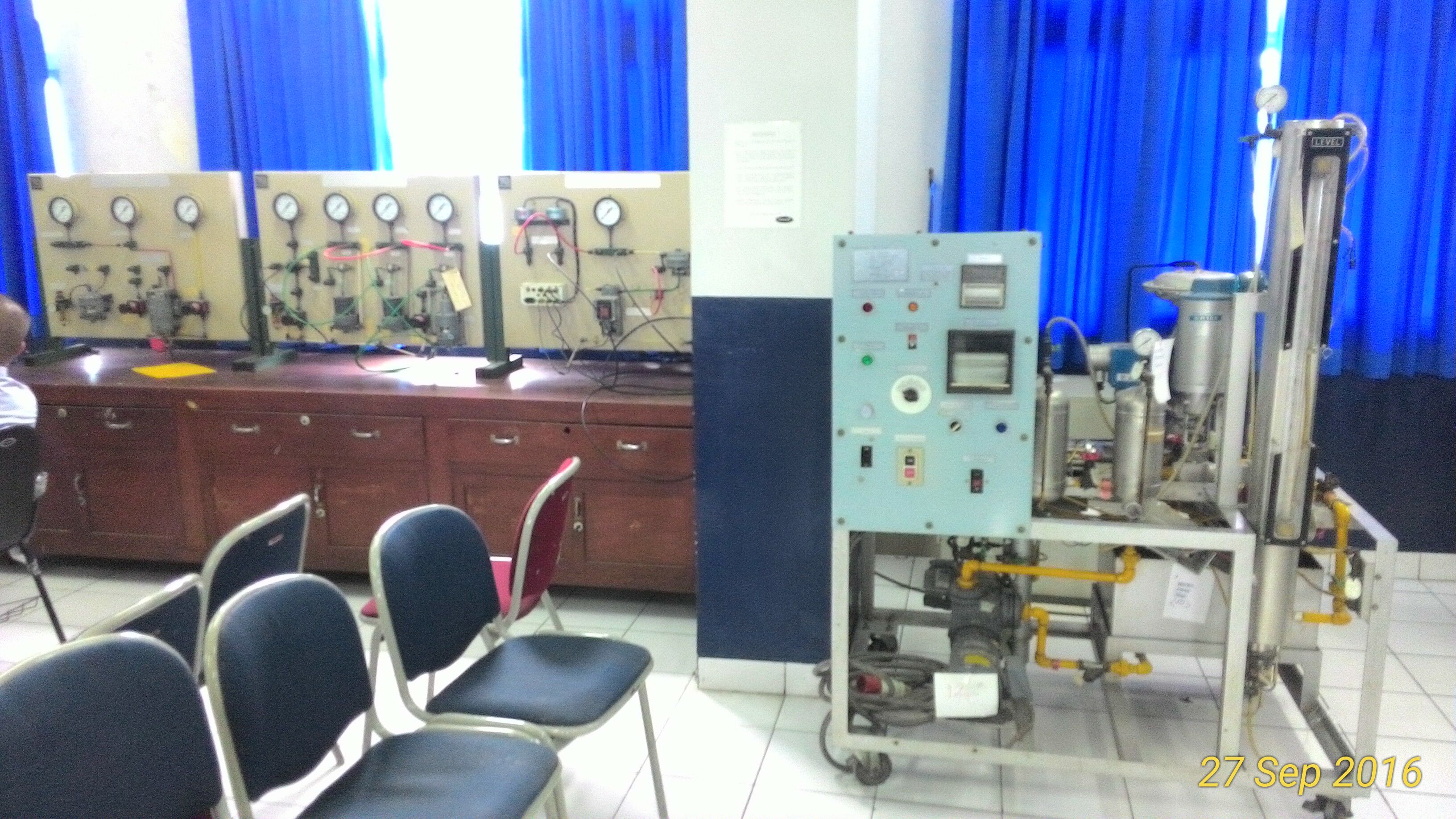
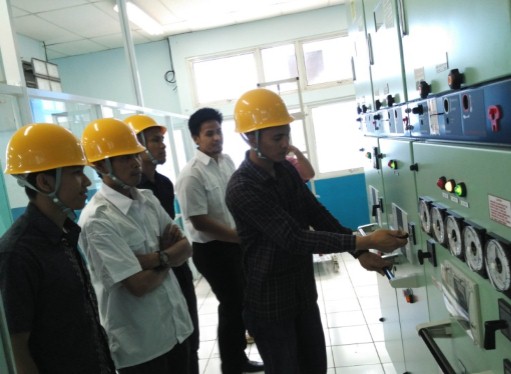
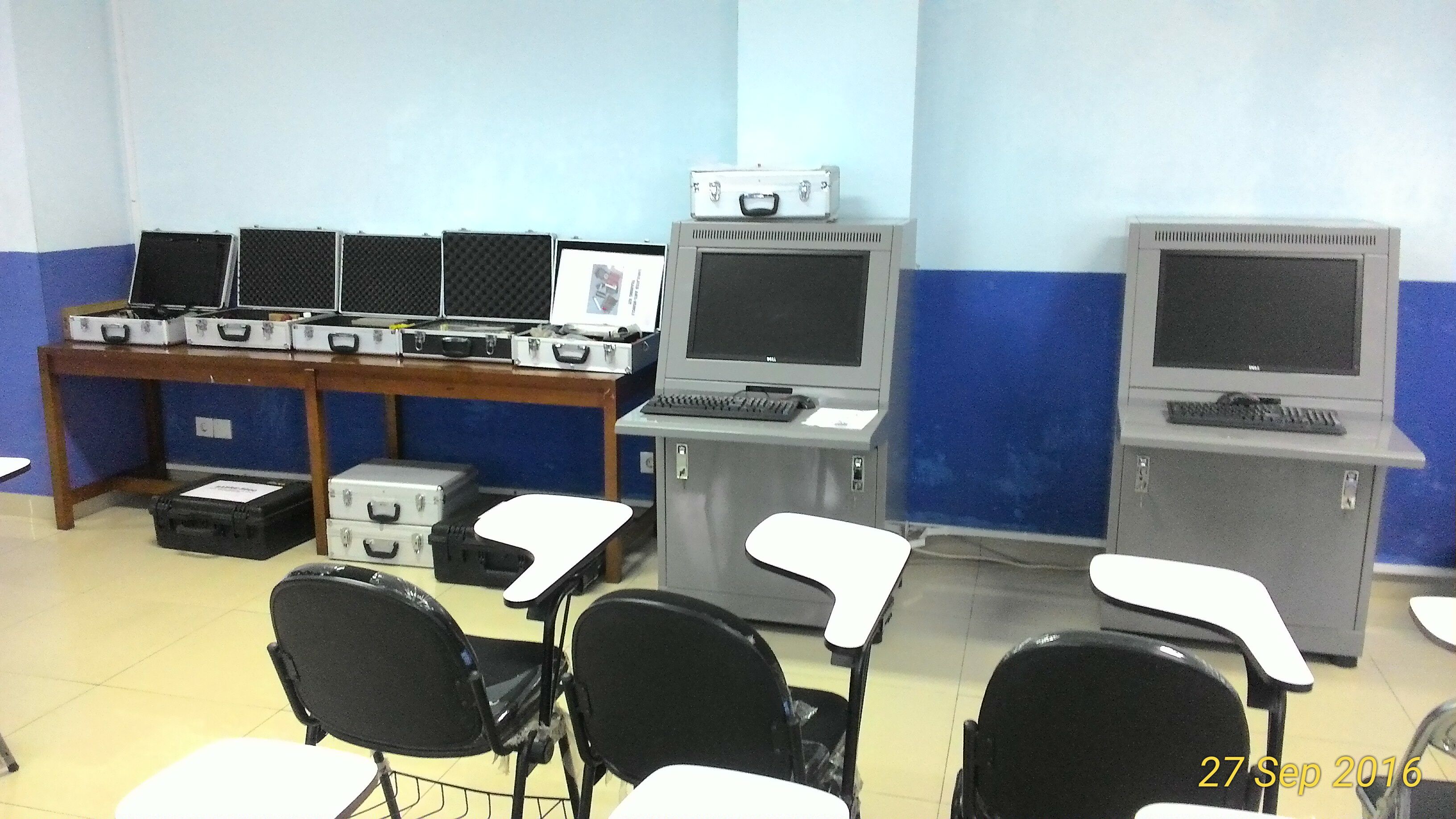
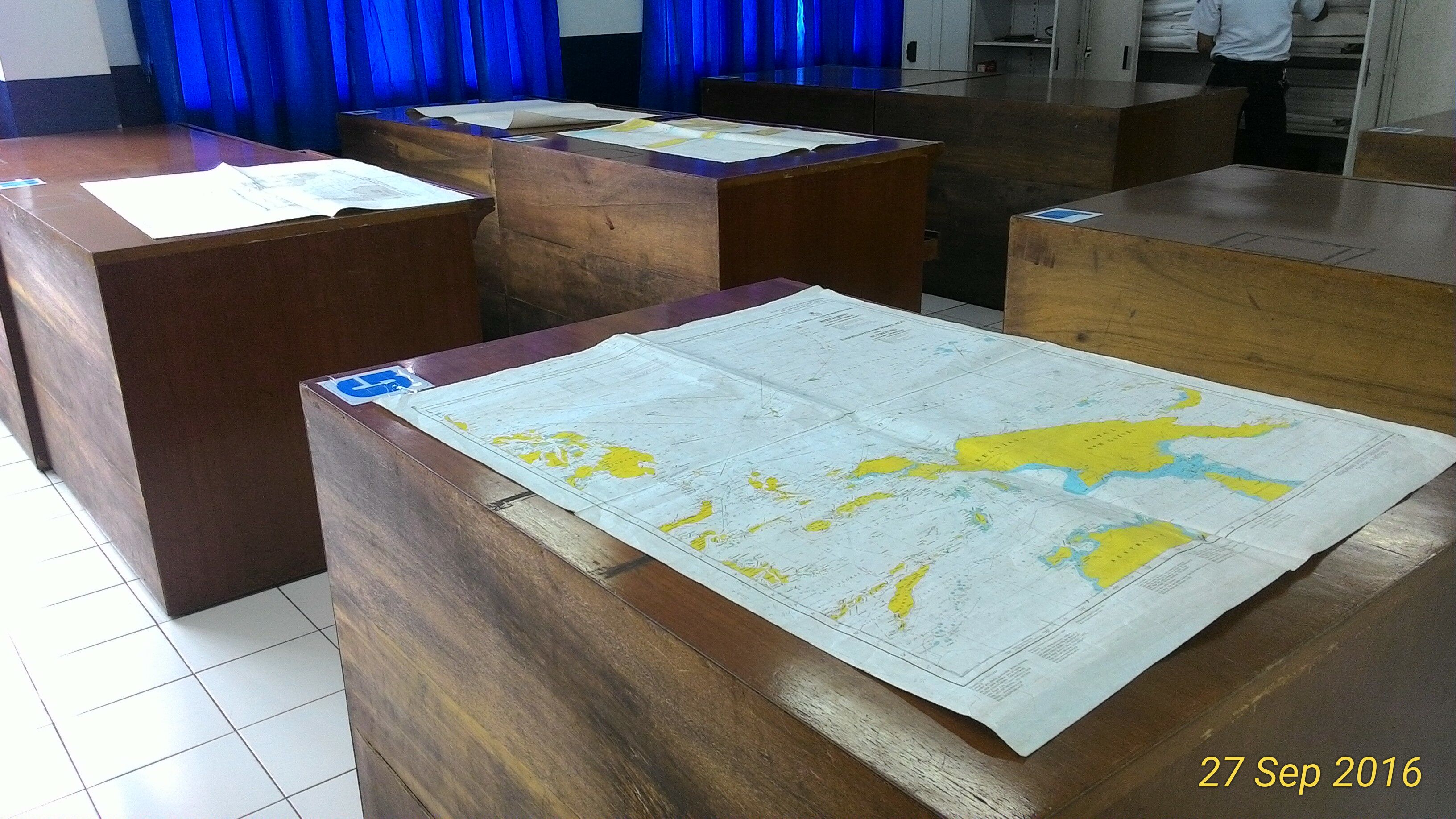
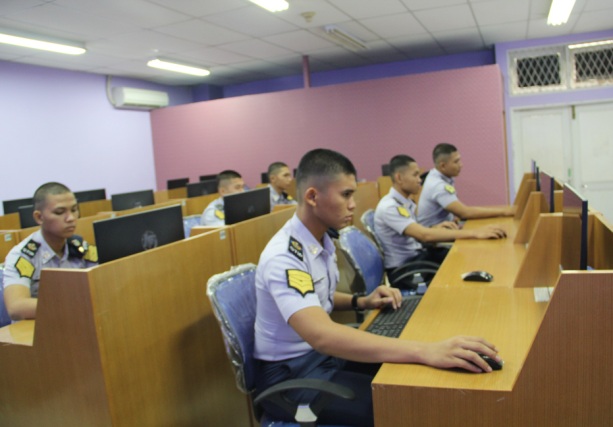
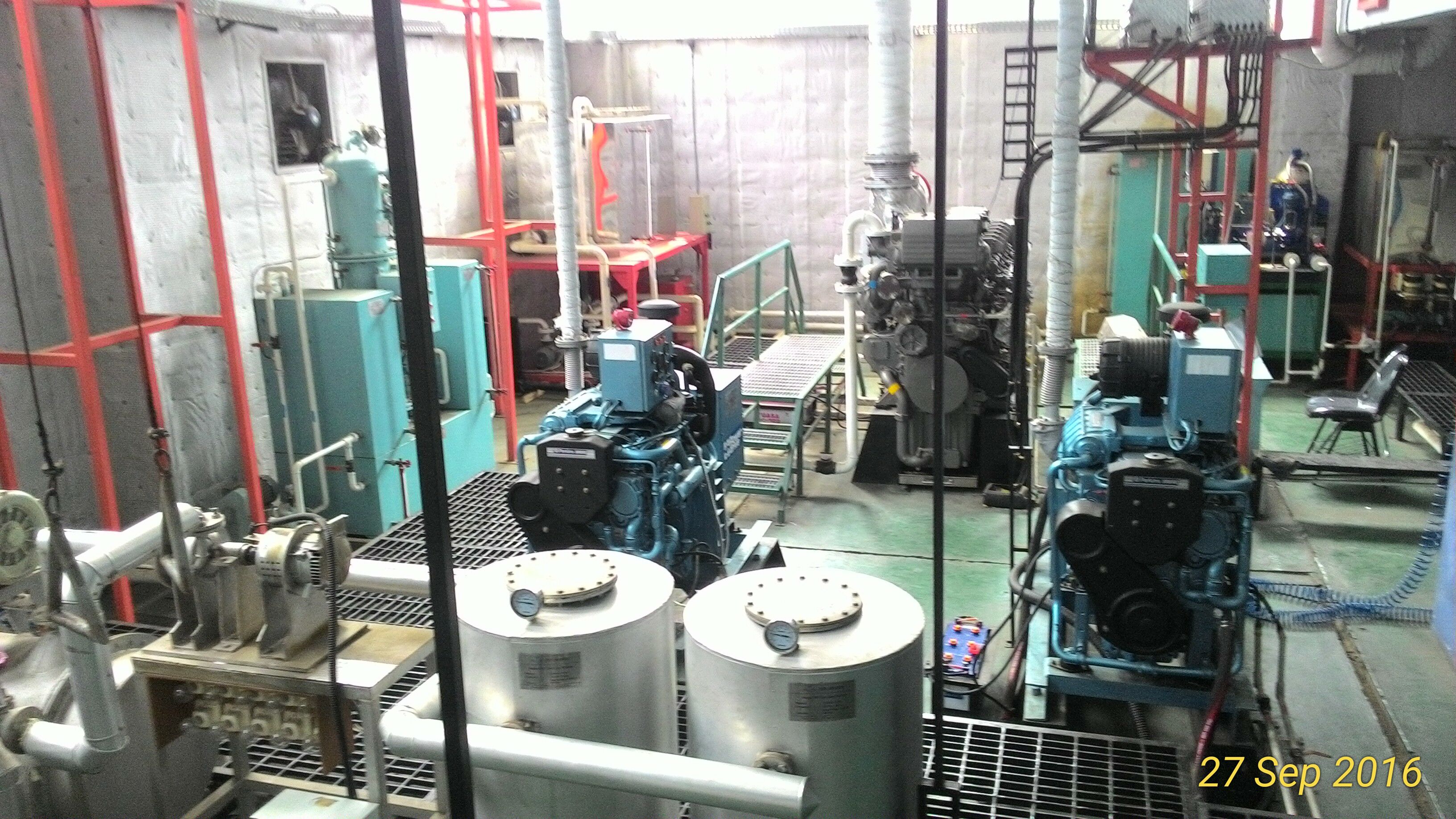
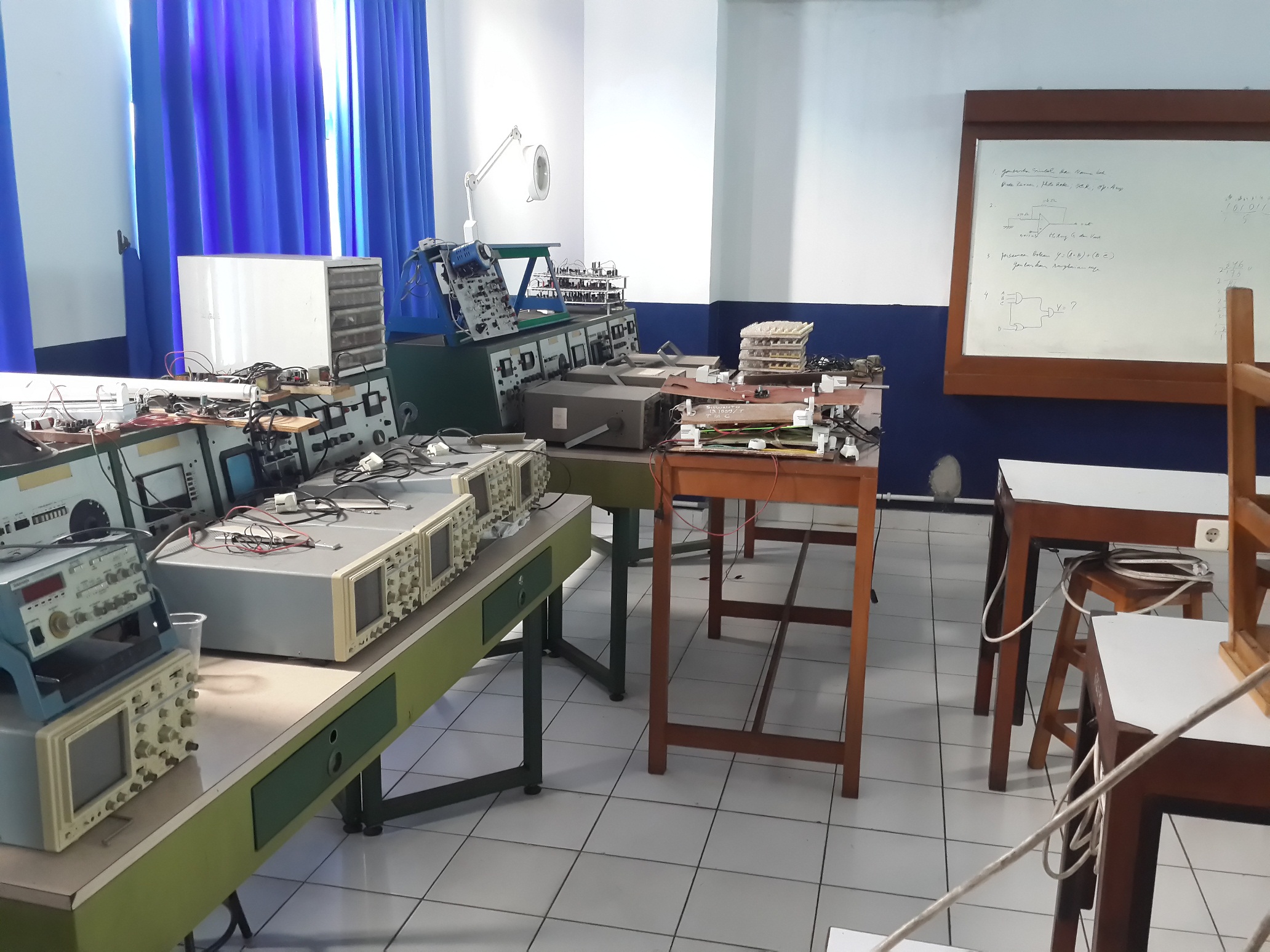
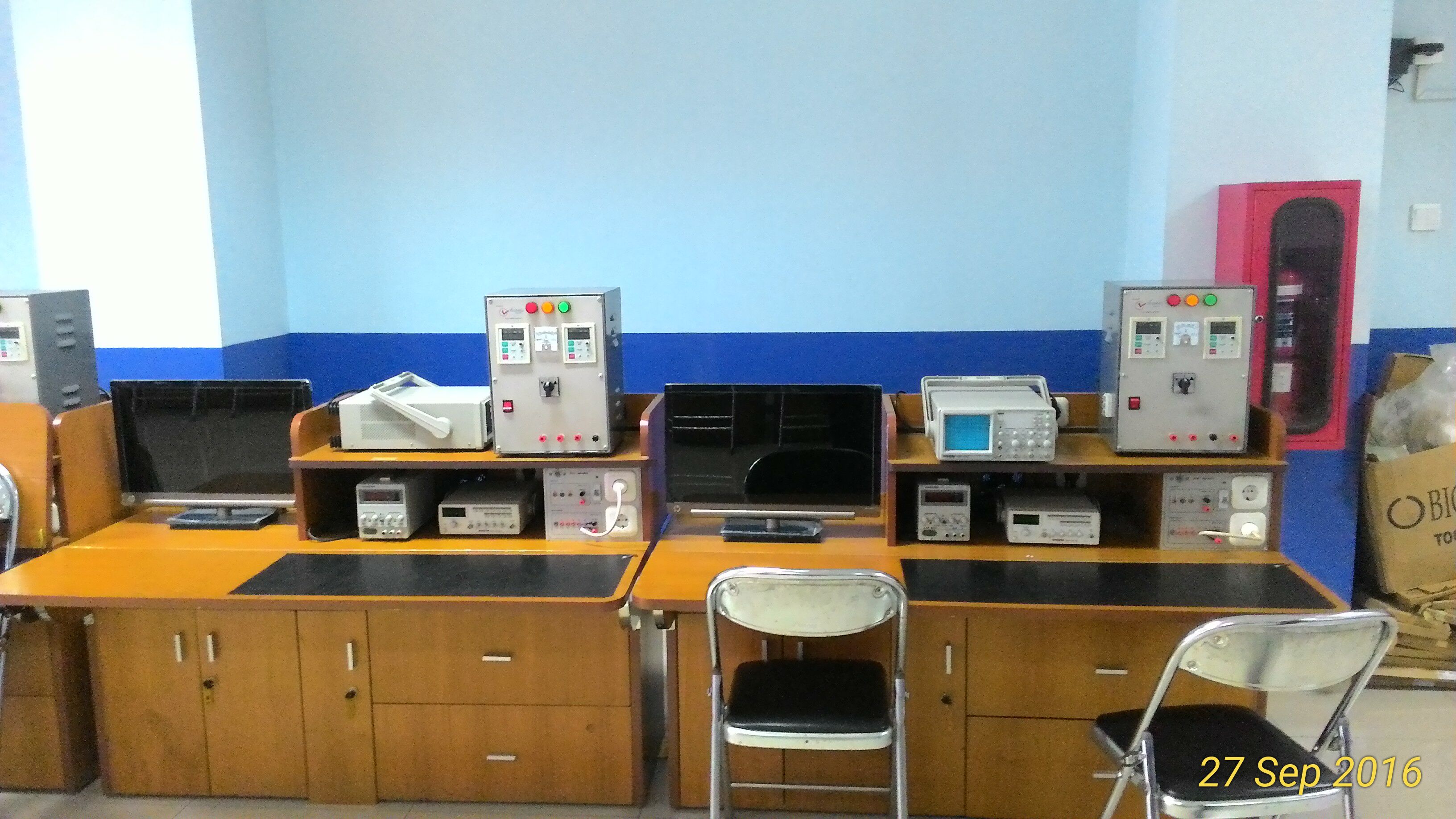
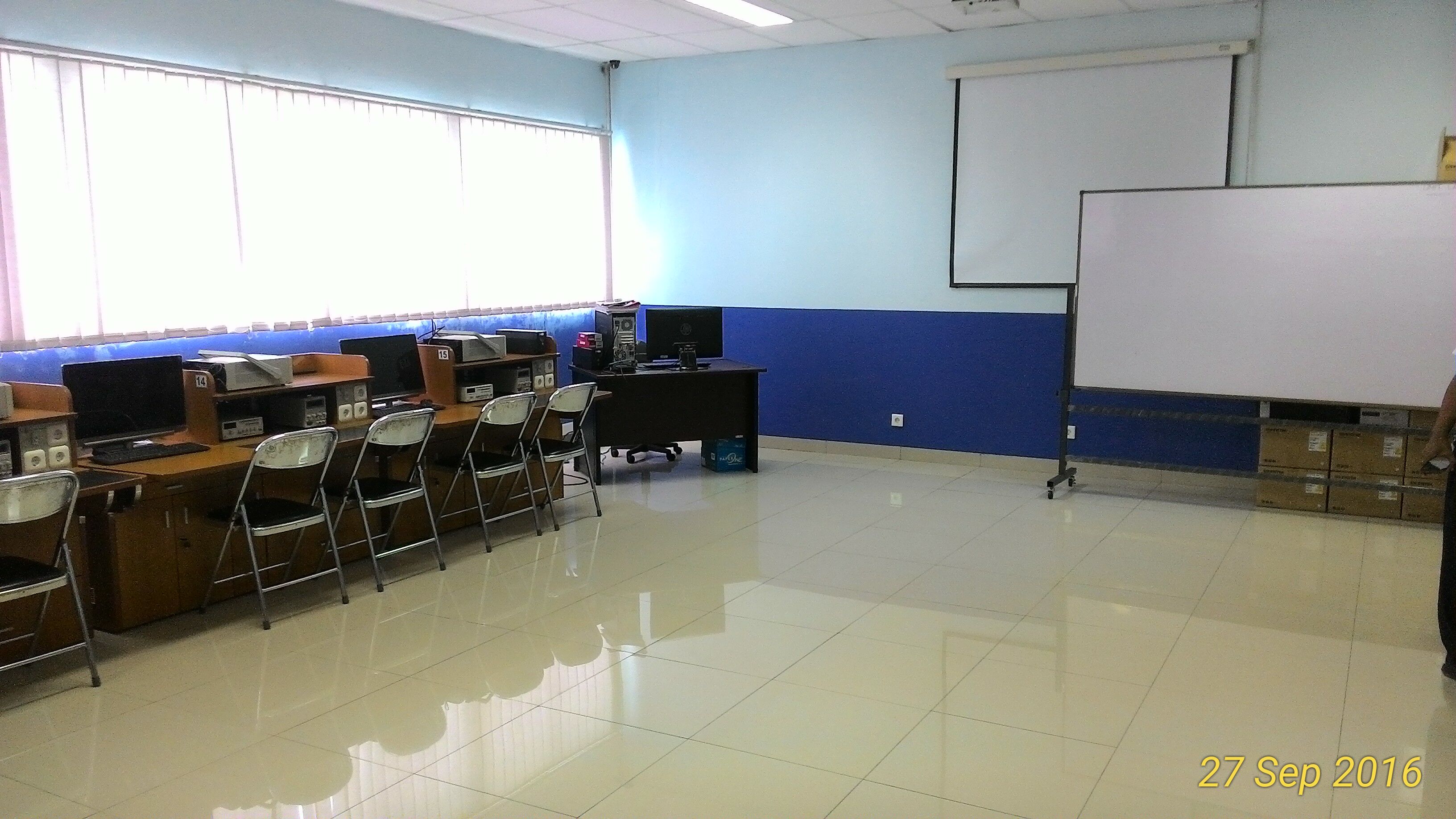
Stay connected